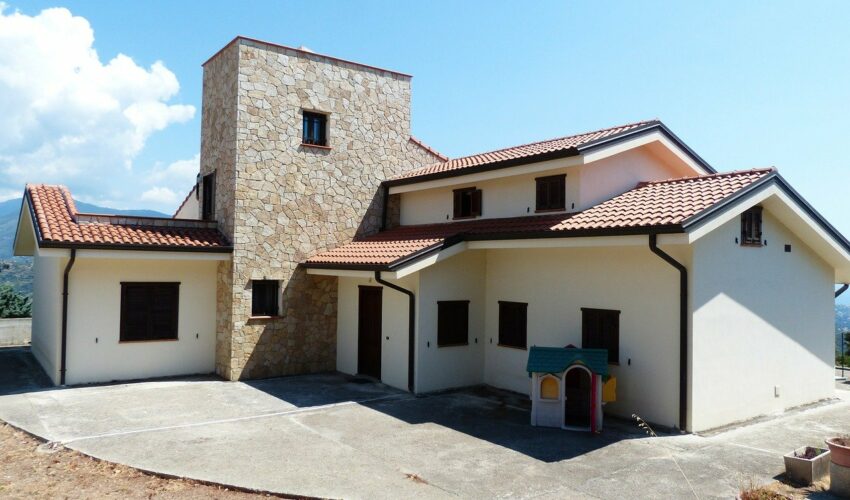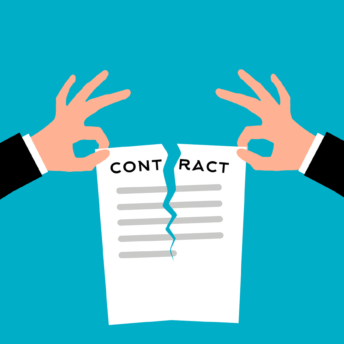If you jointly own a house with a partner, friend or family member and they pass away, not only do you have to deal with all the emotional turmoil but you will also need to understand the legal position regarding the ownership of the house. In this article, what happens to a jointly owned house when someone dies, we take a look at the options open to you.
Free Initial Telephone Discussion
For a free initial discussion on how we can help deal with the implications of a jointly owned house, get in touch with us today. We will review your situation and discuss the options open to you in a clear and approachable manner. Early expert legal assistance can help ensure you understand your rights and also avoid the stress of dealing with these issues on your own. Simply call us on 0345 901 0445 or complete our online enquiry form and a member of the team will get back to you.
Are there different legal ways to jointly own a house?
You may jointly own your house either as a joint tenant or as a tenant in common.
What are the implications of owning the house as a Joint Tenant?
If you own your house with another person as a joint tenant, on your death the house will not pass under the terms of your Will but will instead automatically be gifted to the surviving joint owner or owners. If for whatever reason the house is not registered at the Land Registry, your executors should place a copy of your death certificate with the deeds to the house. If the house is registered at the Land Registry your executors should contact the Land Registry to remove your name from the register of owners.
What are the implications of owning the house as a Tenant in Common?
If you own your house with another person as a tenant in common, then your share of the property will be gifted under the terms of your Will i.e. you can choose who you would like to gift it to. If you have no Will then the intestacy rules will determine who inherits your share of the house. Your executors (or administrators if you did not leave a Will) will need to obtain a grant of probate (or a grant of letters of administration) from the court to transfer your share of the house to the new owner. They will then need to employ a conveyancer to transfer your share of the house to the new owner or owners.
The importance of writing a Will
Knowing in what capacity you own your house is, therefore, important. Additionally, it is essential that you write a Will so that your final wishes are clearly laid out.
A Will is a legal document explaining your last wishes and can include who you would like to leave your assets to, what your funeral arrangements should be and also perhaps setting up trusts for loved ones to ensure their financial security or instructions to leave something to your favourite charity.
How we can help
We have a proven track-record of helping clients write their Will and deal with the process of probate. We will guide you through all the necessary legal due diligence in a comprehensive and timely manner. We firmly believe that with the right solicitors by your side, the entire process will seem more manageable and far less daunting.
How to Contact our Wills and Probate Solicitors
It is important for you to be well informed about the issues and possible implications of dealing with probate matters. We can provide the support and guidance you need to get through the process as simply and straightforwardly as possible.
To speak to our Wills and Probate solicitors today, simply call us on 0345 901 0445, or allow a member of the team to get back to you by filling in our online enquiry form. We are well known across the country and can assist wherever you are based. We also have offices based in Cheshire and London.






Leave a Reply
You must be logged in to post a comment.